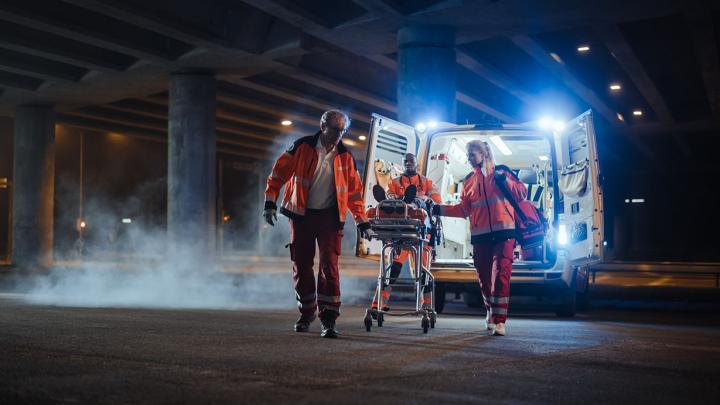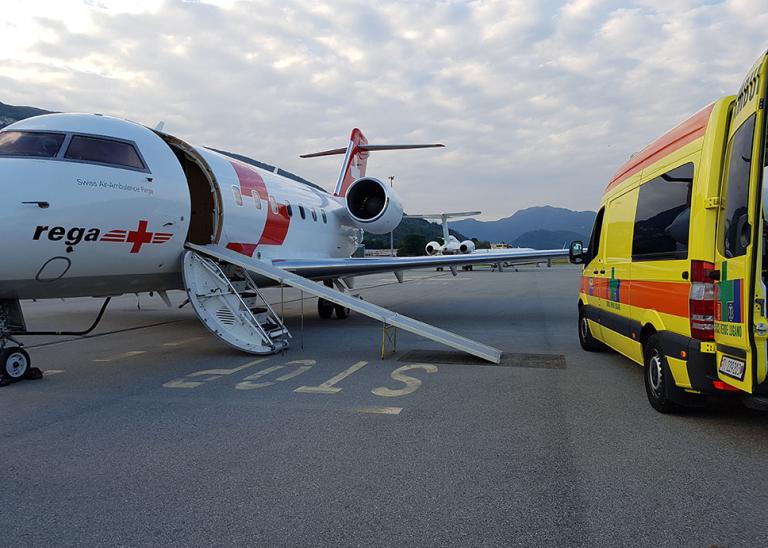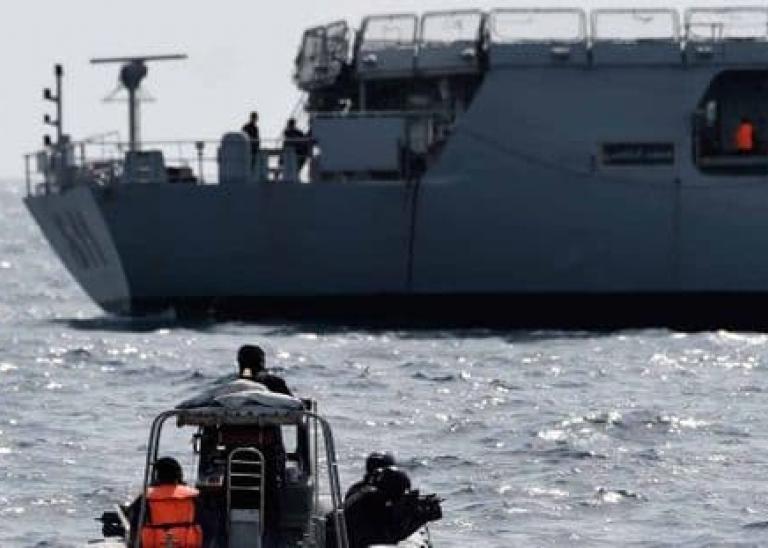Case Study — People Risk 2023
Crisis24 Successfully Led Medical Repatriation of British Journalist from Ukraine War Zone

Global Media Organization
Situational Analysis
As a consequence of the ongoing conflict, the landscape in Ukraine is unpredictable. We’ve seen a reduction in the reliable healthcare workforce; essential healthcare remains accessible, although clinics are operating under restrictions and curfew and are subject to failures of essential services such as power and water supplies in addition to supply limitations. The capabilities are restricted to symptom control and temporary management. Non-urgent and non-emergency surgery cannot be undertaken in the country and requires evacuation. Only emergency care will be delivered as the acute government and private hospitals prioritize the victims of conflict. Through our in-country assistance partner, Crisis24 has cashless access to various specialty facilities and medical personnel, with operations spanning three countries to ensure 24/7 uninterrupted services.
Crisis24 in Action
Medical Assessment and Border Crossing
A British journalist suffered a suspected fracture femur. As soon as our global medical assistance team received the call, we knew this case would be more complex than normal. While this type of injury would not usually require a medical evacuation, the situation in Ukraine and the lack of medical capability meant the patient needed to be treated in his home country.
Ukraine remains a no-fly zone, and air transport is still limited to retrieval once a patient is evacuated to Poland across the Ukrainian border. As an immediate aeromedical evacuation was impossible, a transfer by road ambulance to the Ukraine/Polish border was the safest option. We worked closely with our partner on the ground to monitor the situation and organize road movements on the Ukrainian and Polish sides. The site was under constant bombardment; we used our local intelligence and assessed a safe window of opportunity for when the movement could take place. We then identified the most appropriate evacuation route, which was subject to change at short notice.
Mobilizing Transportation from Poland to the UK
Once safely arrived in Poland, the patient was transferred by road ambulance and was admitted to a Polish hospital that was arranged prior to his arrival. He was assessed and stabilized to ensure that he was medically fit to fly before arranging an Air Ambulance repatriation to the UK. We engaged with our Air Ambulance network for quotes and availability in order to secure the most appropriate provider, depending on their availability and the destination. All have external accreditation and experience operating in the region and are based within easy access. They have access to a dedicated fleet of aircraft and medical personnel and are capable of worldwide operations, including ultra-long-range aircraft. After successfully securing one of the rare flight slots at the local airfield due to the intensive NATO flight activity, we were able to transfer the patient to the waiting Air Ambulance.
Results
In moving patients internationally, there is always a potential final challenge in finding a hospital that will accept the incoming patient and, secondly, have a bed available for them. This involves speaking to on-call specialty teams to obtain medical acceptance, followed by the bed management team to secure a bed. Fortunately, this process was relatively straightforward, and we gained acceptance within an NHS facility. The patient was repatriated by Air Ambulance to the UK, where surgery was successful, and he was soon discharged and was able to return home to commence his rehabilitation.



